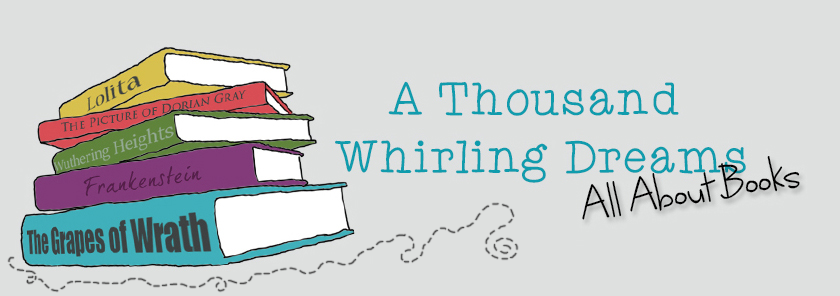“But I don't want comfort. I want God, I want poetry, I want real danger, I want freedom, I want goodness. I want sin.”
Title: Brave New World
Author: Aldous Huxley
Year: 1932
Pages: 177
Mothers and fathers no longer exist. Children are
mass-produced, and are conditioned to agree with the government from the moment
they are born. They are divided into groups, some learn to hate nature and
books, others are taught to be promiscuous. There are even children who are
treated with medicine or are allowed less oxygen just so they can be the way
the government wants them to be. People are not religious, rather, they worship
Henry Ford, who introduced the assembly line. Though to the reader clearly a
dystopian world, most characters seem to be happy – for them, the government
have created a utopia. The protagonist, Bernard Marx, turns out to be less
susceptible to the conditioning, and he questions the ways of the world. When
he goes to a savage reservation and meets Linda and her son John he learns
about the idea of free thinking. As he takes the two savages back into the
city, the two worlds collide and the main question this novel poses becomes
apparent: is it better to be happy and ignorant, or to be knowledgeable but
unhappy?
The society in Brave New World may seem far-fetched,
but in essence, the aspects that are so much different from the world as we
know it, are extreme but logical consequences of the consumer society:
everything is based on satisfying (materialistic) needs and having a prosperous
economical system. Modern interpretations of the novel often look at the novel
as a ‘wrong’ prediction, as does Mark Frankel in his essay in which he proposes
a different version of the future of consumerism. He argues that the ‘real’
future will be based on the infinite number of choices people will have, rather
than the limit of choices (32). While this is a well-argued essay, I believe
Brave New World deserves to be looked at as literature and a critique rather
than a scientific work. Moreover, the future Frankel describes is not at all so
far removed from Huxley’s ideas: consumerism still feeds the world.
Not only is Brave New World great food for thought –
in the end you almost believe that ignorance is bliss – it is also a
brilliantly written novel both in structure and prose. We are introduced into
the world through a tour in a factory, which allows us to understand how people
are made and how they think. Because of this structural element the focus is
only on understanding the world for a very short time and we can start forming
our own opinions quite early on.



No comments:
Post a Comment